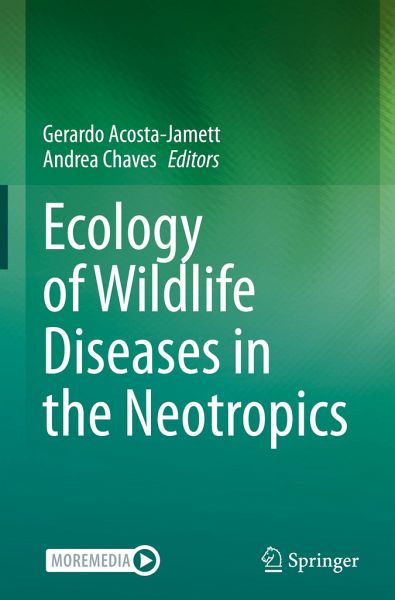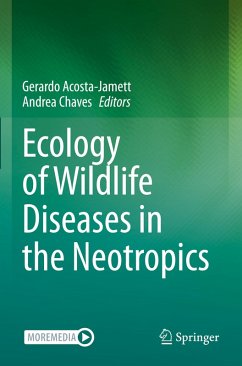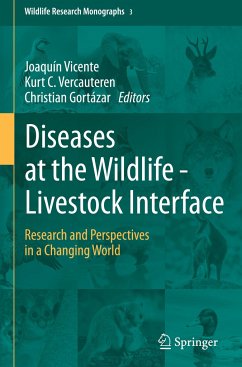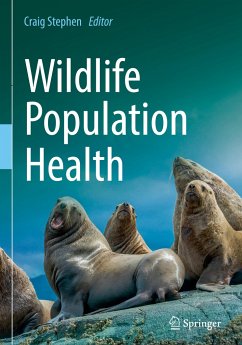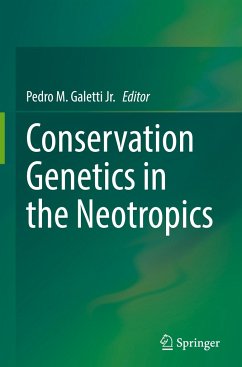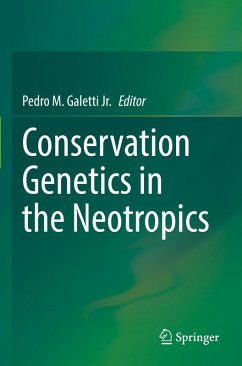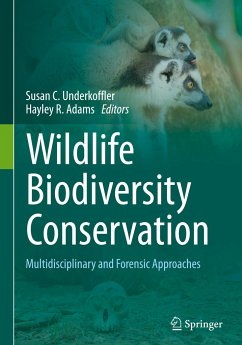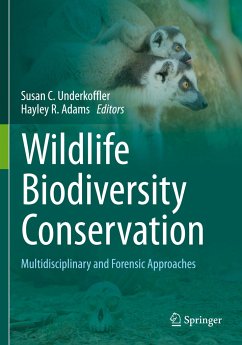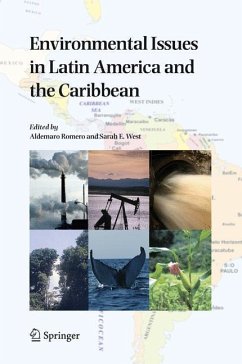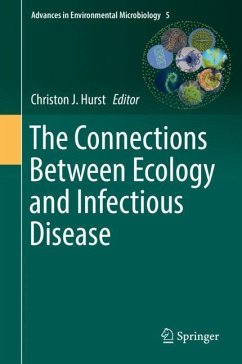Dr. Acosta-Jamett is a Veterinarian, Master in Ecology and PhD in Veterinary Epidemiology and currently full professor at the Facultad de Ciencias Veterinarias, Universidad Austral de Chile. After finishing his PhD at the University of Edinburgh he has been involved in many different research projects in Chile and abroad employing epidemiological and ecological tools using a One Health approach for studying pathogens/diseases on different mammal species such as domestic and wild carnivores, small mammals, bats, domestic and wild ungulates, and also on the human being. His research focuses on disease ecology at the wildlife interface with emphasis on the epidemiology of zoonotic diseases, spatial analyses, and the conservation of endangered species. He maintains collaborations with different research groups in all continents as for instance Oxford University, University of Liverpool, University of Melbourne, U. of Sydney, Instituto Superiori Di Sanita, U. California Davis, Universityof Costa Rica, among others. Also, he has sponsored undergraduates and postgraduates students and postdoctoral researchers and is member of the Wildlife Disease Association, Chilean Ecological Society, member of the Emerging Infectious Diseases Committee at the Chilean Society of Infectology, past president of the Chilean Association of Wild Veterinarians (AMEVEFAS) and co-chair of the Wildlife Disease Association of Latin America (WDALA) for the period 2022-2023. Dr. Andrea Chaves is a Tropical Biologist with a Master of Science in Tropical Diseases, a doctorate in Animal Biology, and a postdoc in One Health and Disease Ecology. Professor at the Biology School, University of Costa Rica. The unifying theme of Dr. Chaves' research is to understand the general variables favoring the presence of infectious diseases in diverse communities across multiple spatial scales affected by anthropogenic activities. These take into account the ecological interactions of parasites, humans, domestic and wild animals, and the intrinsic risk of zoonotic transmissions. She has developed her research and scientific publications in several taxa (especially in non-human primates), and with a wide spectrum of infectious agents (viruses, bacteria, parasites) mainly from Latin American wild environments - Mexico, Guatemala, El Salvador and Costa Rica. She has participated in the development of foundational and academic programs in her native country, Costa Rica, and in other international initiatives. Dr. Chaves was the secretary, vice-chair and chair for the board of directors of the Wildlife Disease Association of Latin America (WDALA) for the periods 2017-2019, 2019-2021, and 2022-2023. She collaborates with various research groups such as the University of California, Davis, Charité-Universitätsmedizin Berlin, the French National Centre for Scientific Research (CNRS), the National Autonomous University of Mexico (UNAM), Universidad Austral de Chile (UACh),and the EcoHealth Alliance, New York among others.
